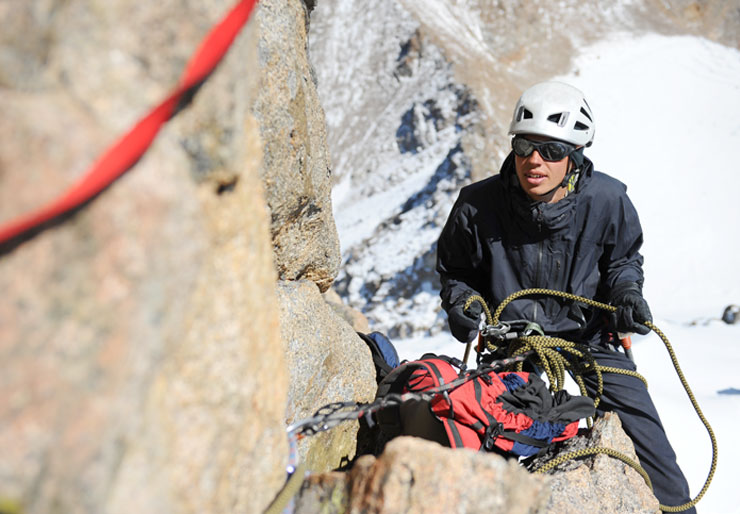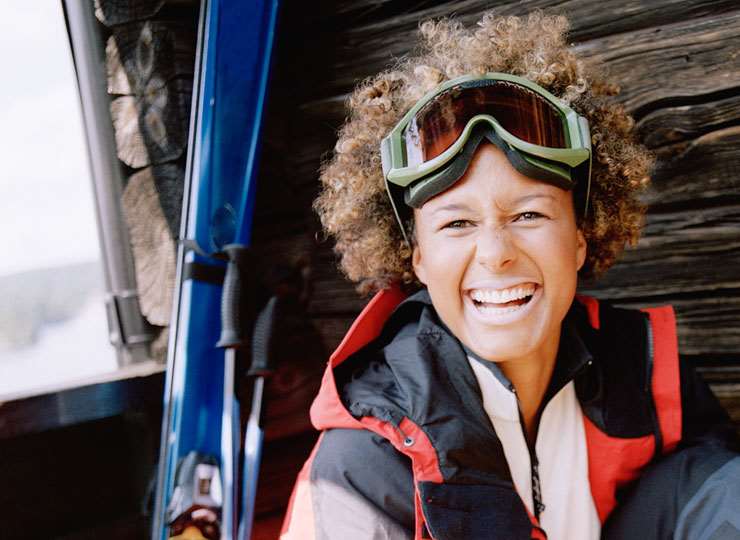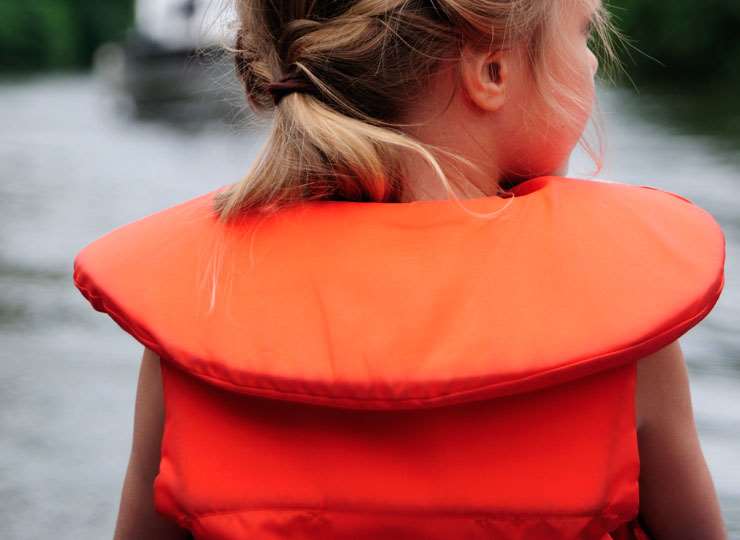
Your responsibility in organised leisure activities
Seven out of ten people believe they can put their safety in the hands of the organiser of the leisure activity in which they are taking part. But remember that you also have a responsibility to weigh up your capabilities and the risks involved.
Are you going on a diving course, horse riding camp, hiring a canoe or doing a glacier hike with an instructor? The organisers of the services must abide by regulations that are designed to keep you safe. However you also have a responsibility in activities like these.
Avoid injury
You have a responsibility to avoid injury. You are responsible for assessing whether the activity appears to be safe enough. Ask yourself whether you meet the requirements needed to participate, and answer honestly.
People put their trust in the organiser
Most people assume that safety has been properly taken care of. Many people also believe that organisers are prepared for any emergency that could arise. The younger the person, the more trust they have in the organiser. This is the result of a survey conducted by the Directorate for Civil Protection (DSB).
It’s not always easy to rescue you
The authorities have rescue facilities, but remember that the rescue teams will not always be able to reach you quickly, particularly if you're participating in an activity in a remote location, inaccessible terrain or difficult weather conditions. Sometimes the rescue teams also have to be careful not to put themselves in danger.
Report any dangerous activities
Have you come across an organiser who wasn't taking their responsibilities seriously, or have you come across an activity that was clearly dangerous? Report it, so that other people don’t experience the same thing.
Pre-activity checklist:
- Are you skilled enough to do the activity safely?
- Have you been given enough guidance and training in how to do the activity?
- Does the organiser have a qualified person present to provide advice and guidance if you need it?
- Do you need to use personal protective equipment such as a helmet, diving mask or climbing equipment? Do you have this equipment, and have you been trained in how to use it?
- Does the organiser give the impression that they are taking safety seriously?
- Do you know enough about how risky or safe the activity is? If not – ask more questions.

